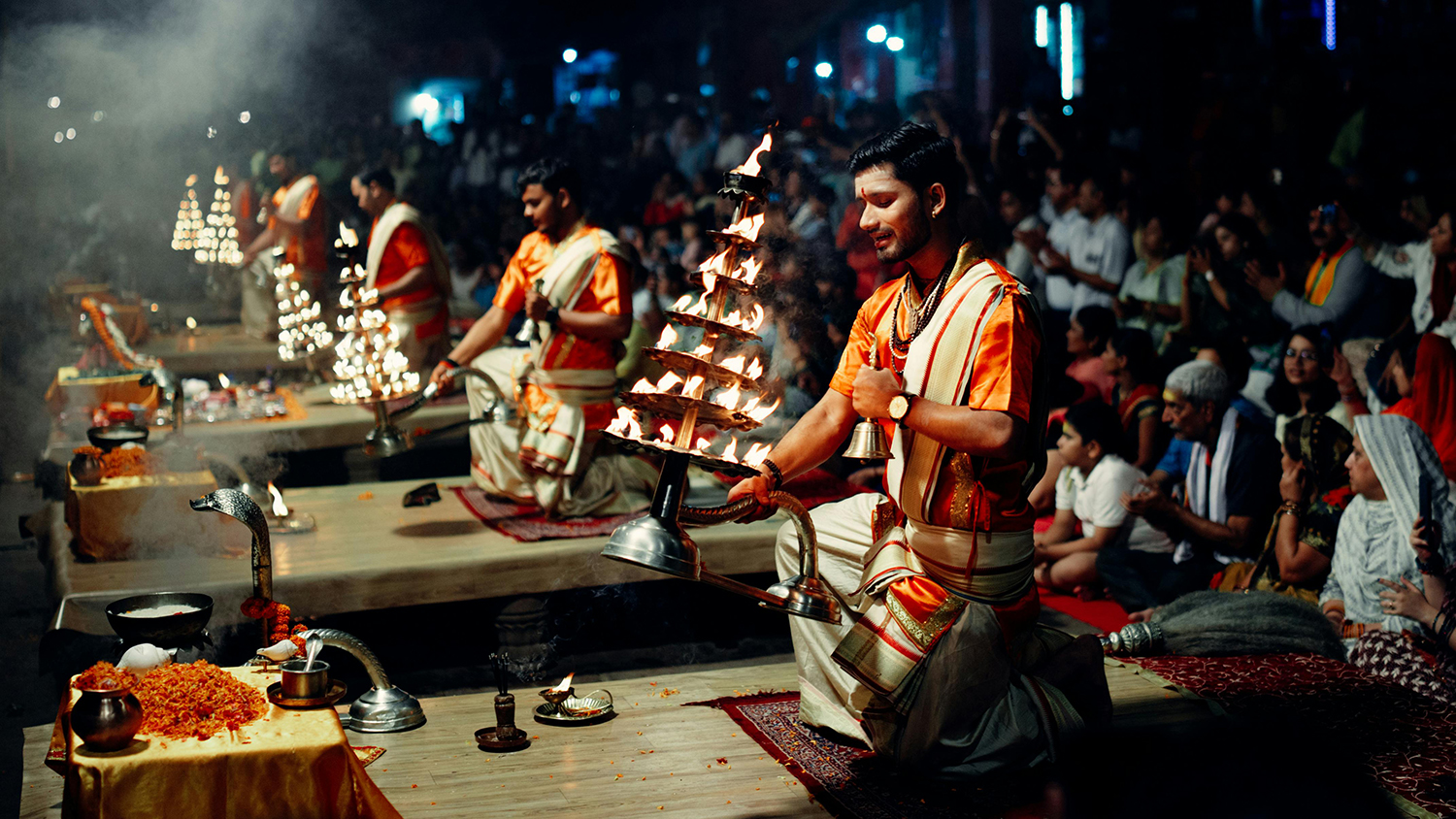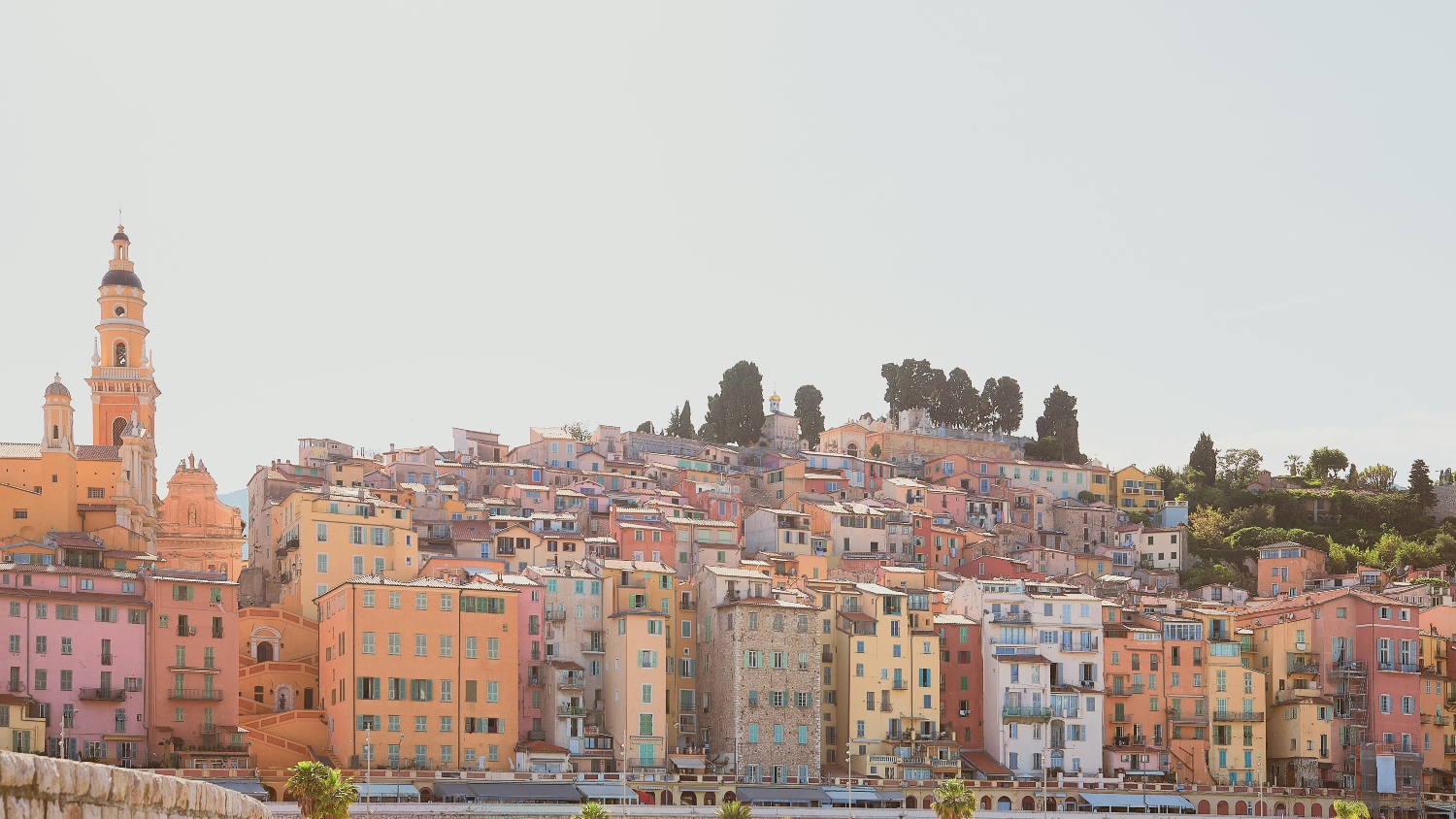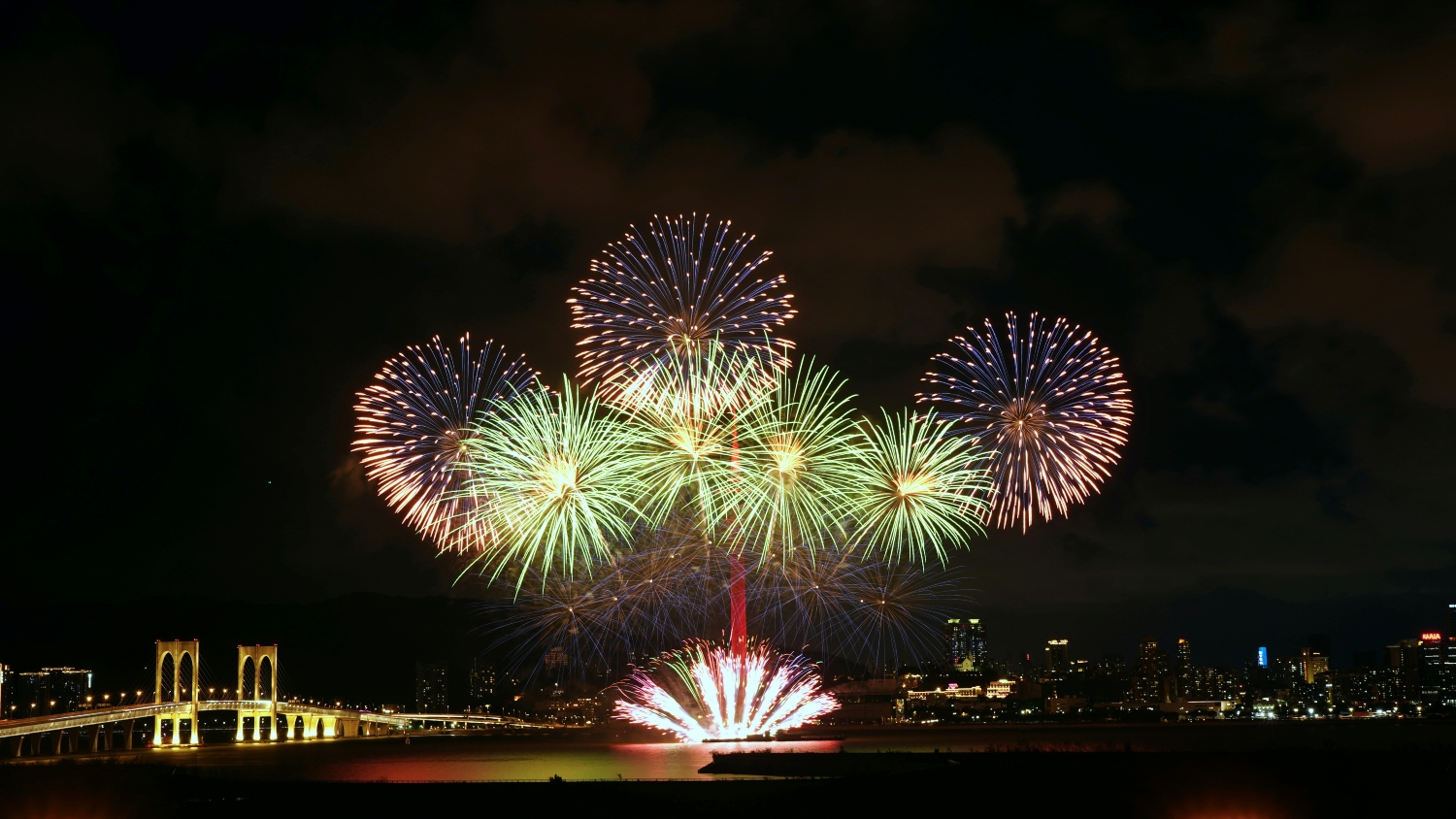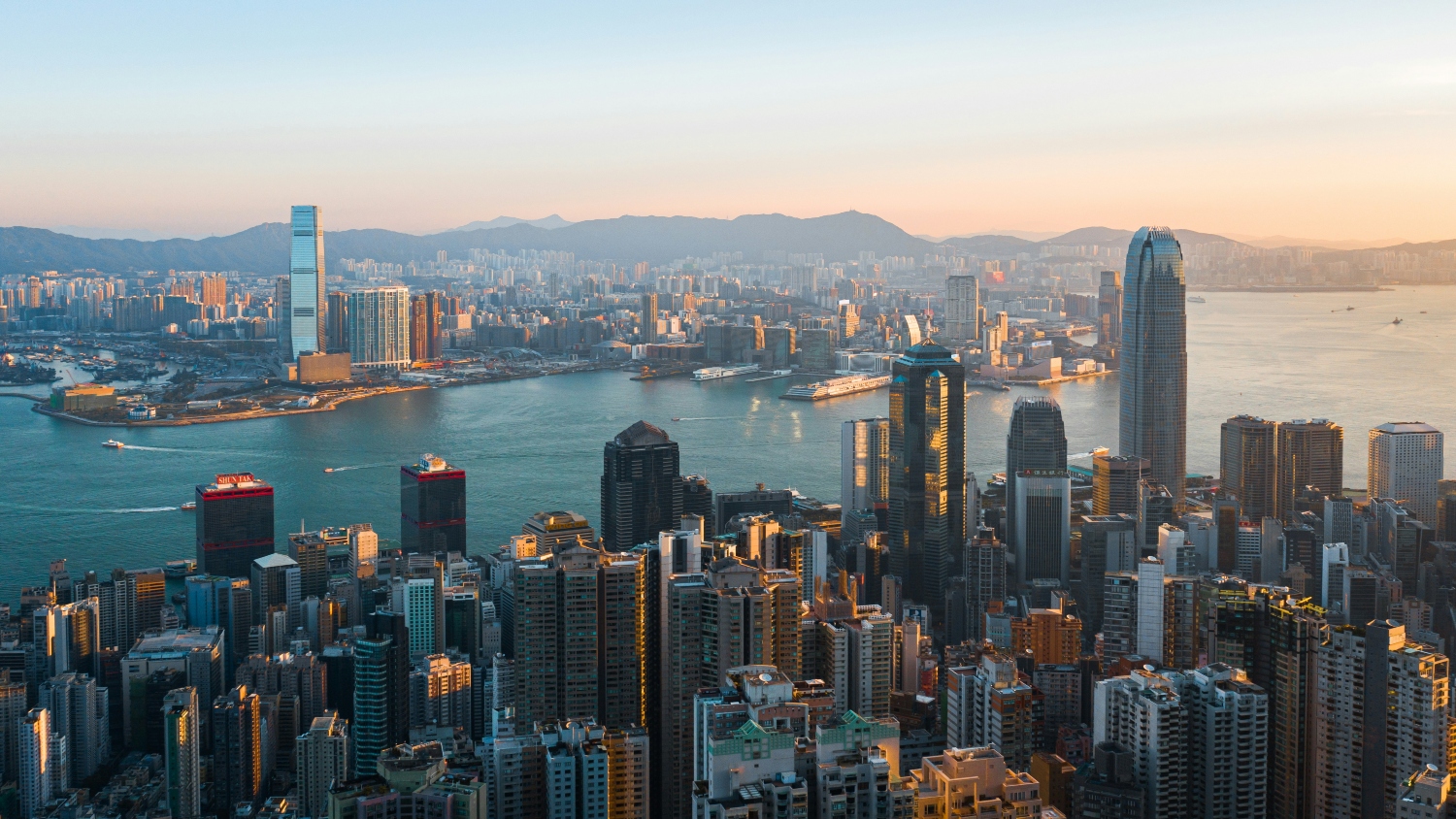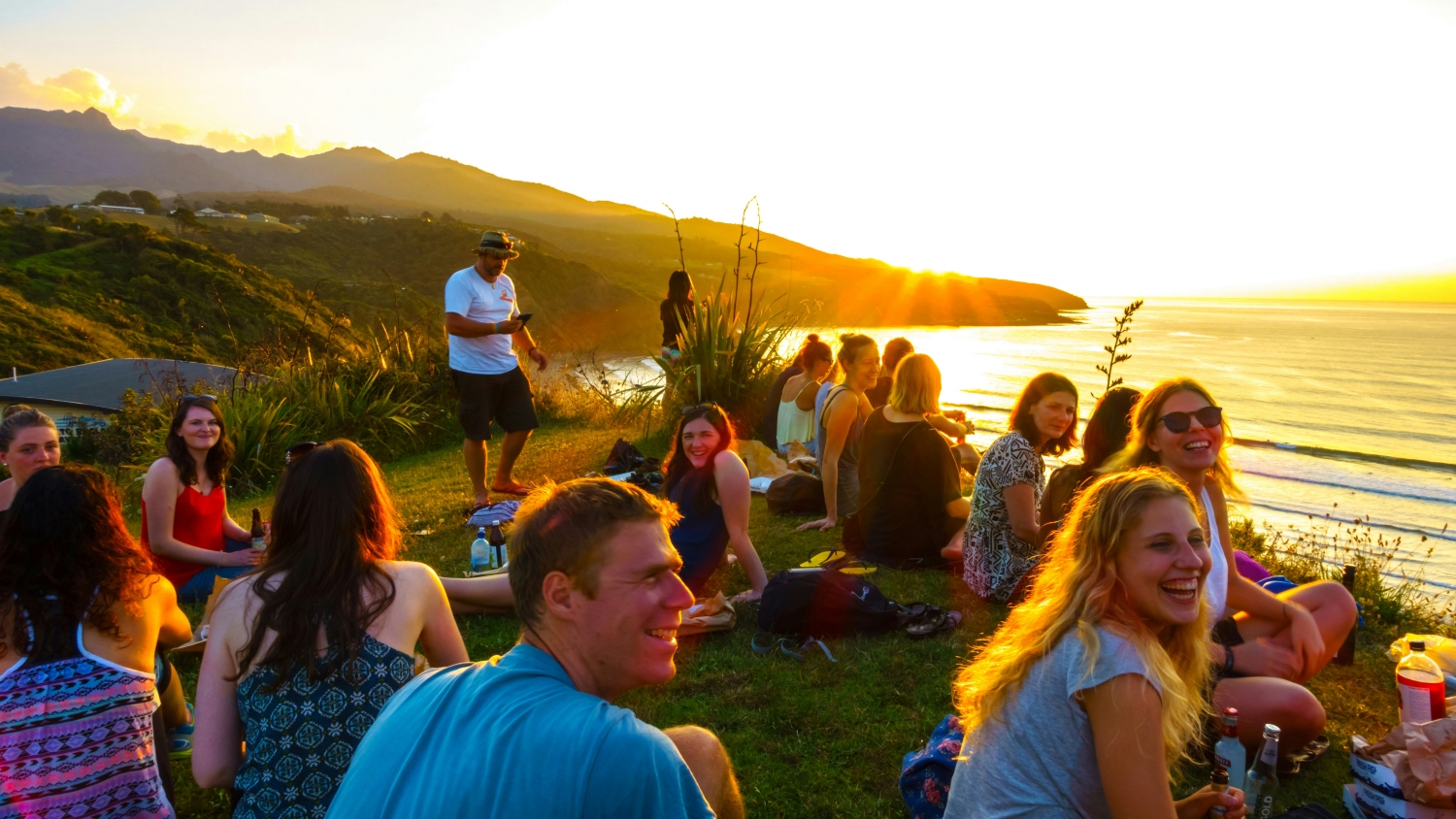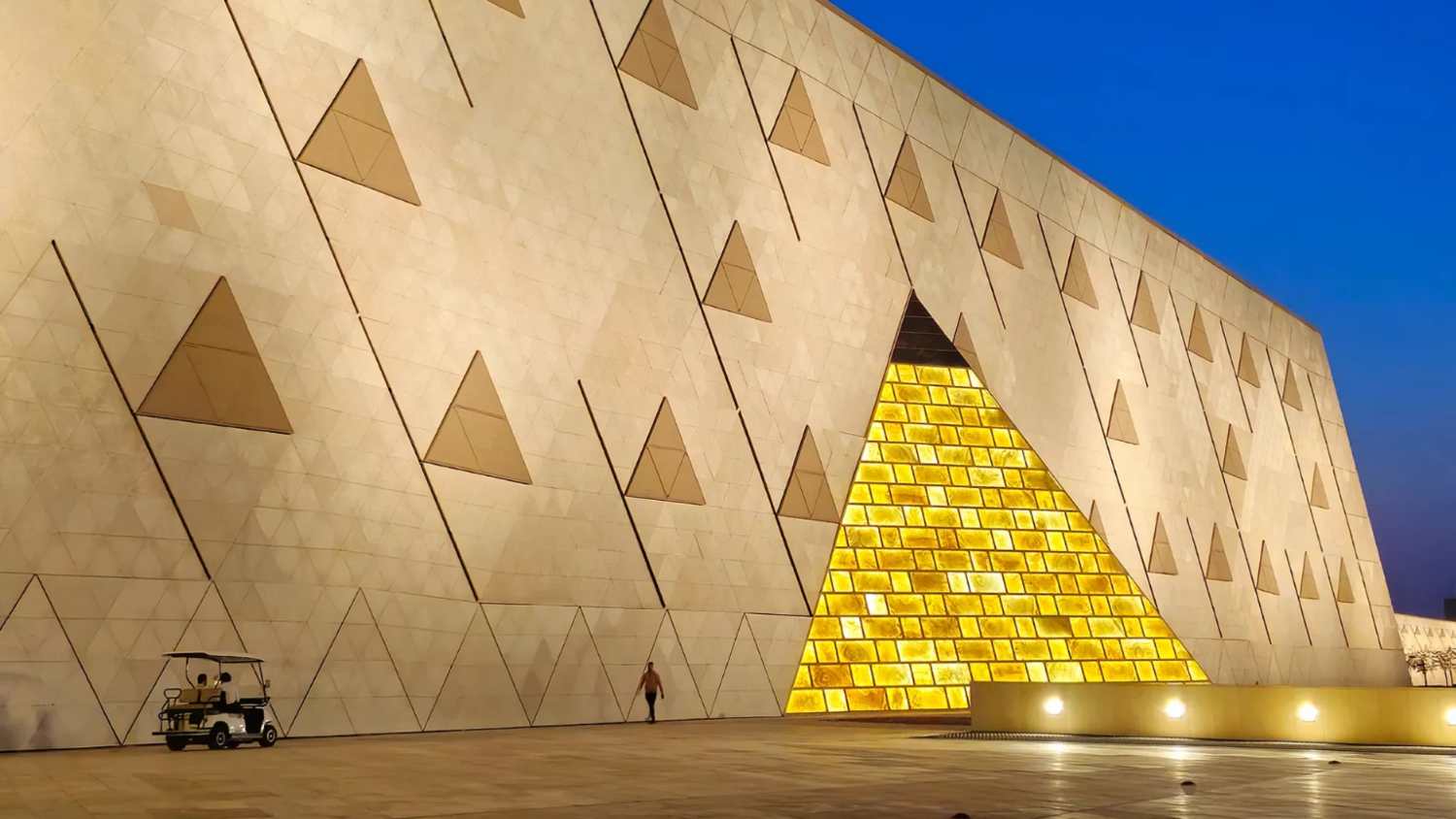Diwali, often known as Deepavali, takes its name from the Sanskrit phrase meaning ‘row of lights’. This name reflects the tradition of adorning homes with diyas (oil lamps) to dispel darkness and welcome positivity. The festival commemorates various historical events and legends, with different narratives emphasised in different regions of India.
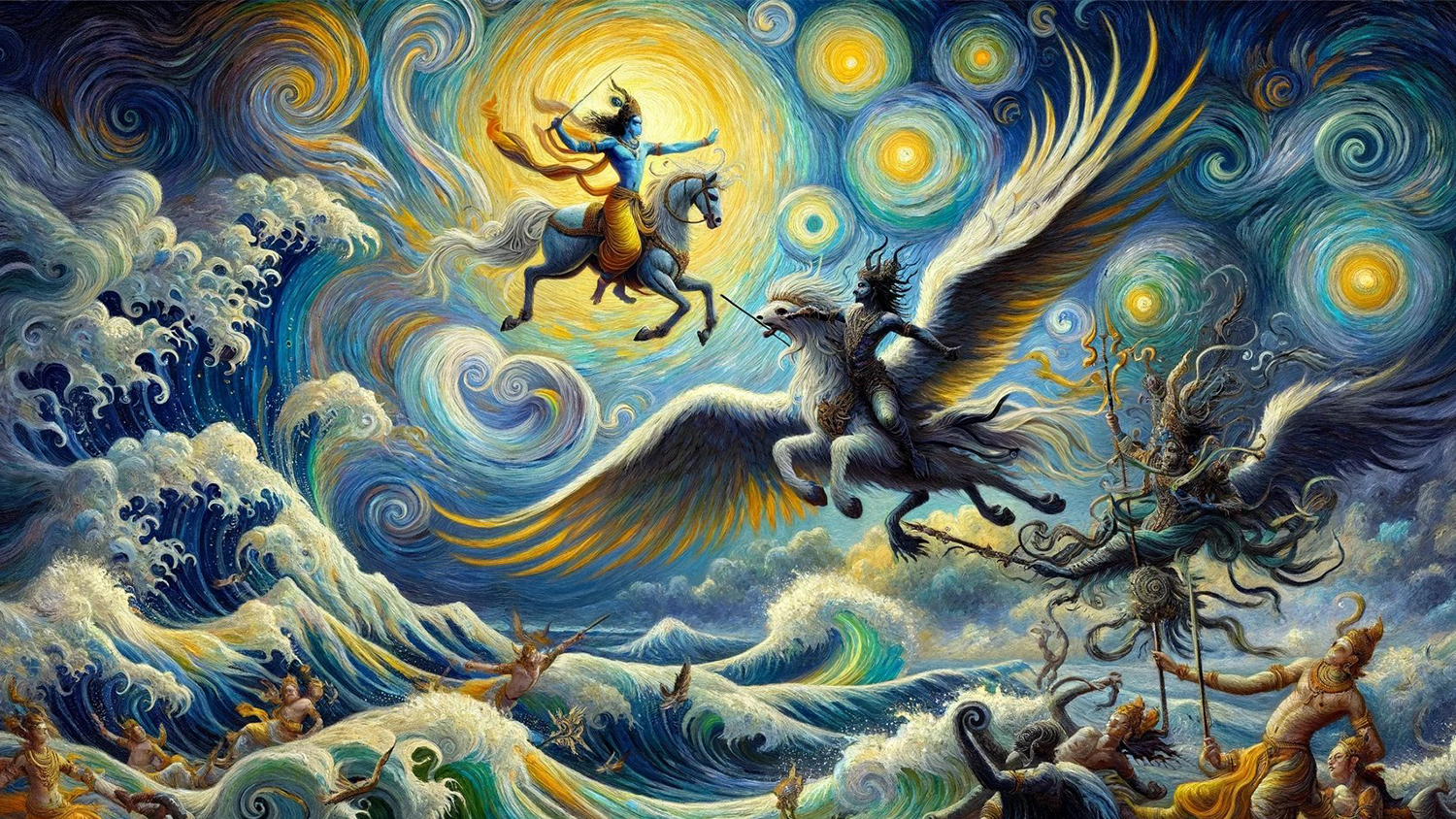
In North India, Diwali celebrates Lord Rama’s return from exile after defeating Ravana, the evil demon king who abducted his wife Sita. In the south, the festival honours Lord Krishna’s victory over the demon Narakasura. With its roots firmly planted in Indian soil, Diwali has blossomed into a global phenomenon, its traditions reimagined and celebrated in various ways across the world.
This year, Diwali falls on the 31 October 2024, and Here are some destinations where you can experience the joy and beauty of this special occasion:
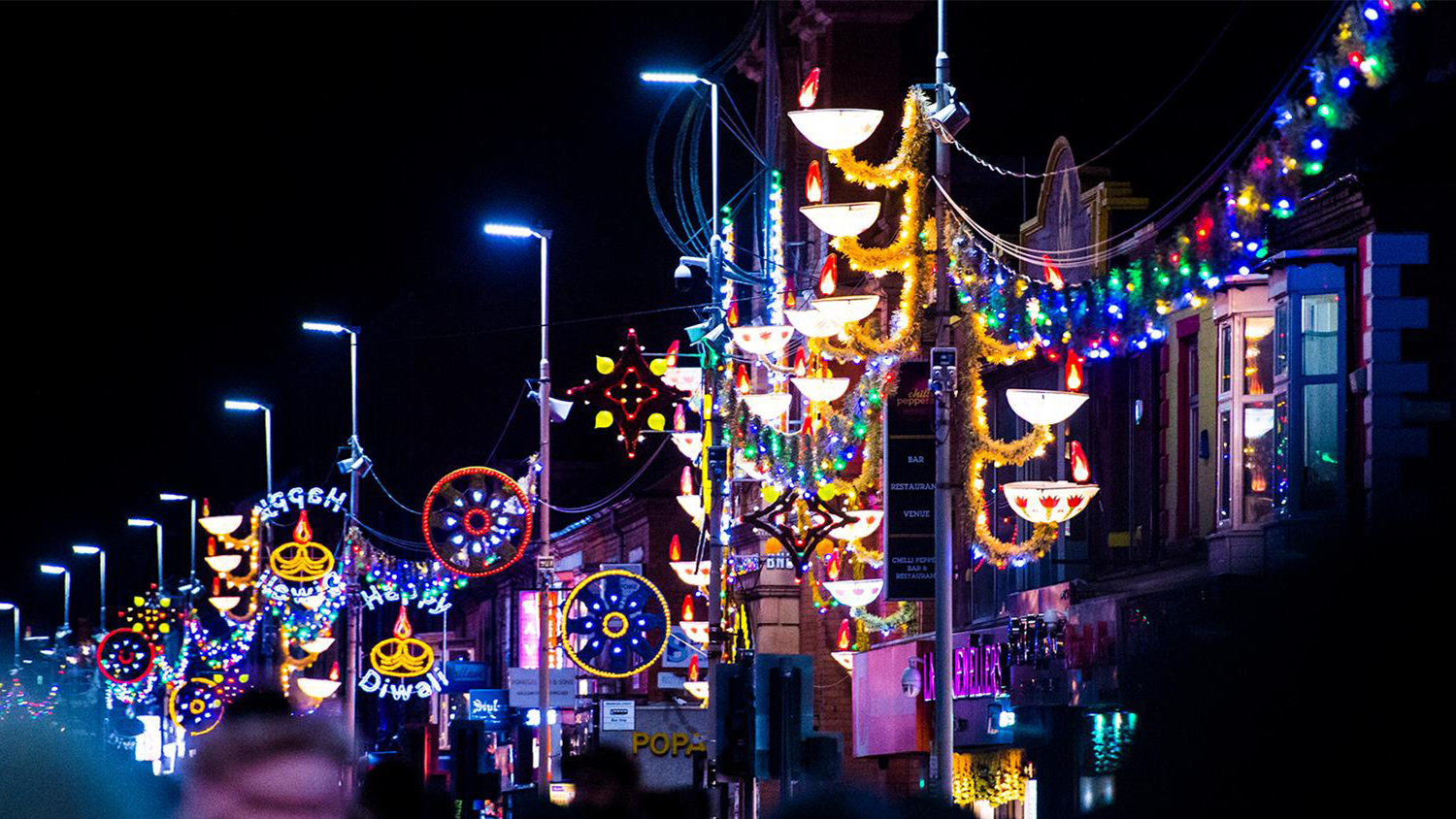
United Kingdom
Leicester, a city in the heart of England, hosts one of the most spectacular Diwali celebrations outside of India. The celebrations centre on Belgrave Road, affectionately known as the ‘Golden Mile.’ Weeks before Diwali, thousands of twinkling lights adorn this street, creating a beautiful spectacle. Throughout the day, a procession of talented street artists and performers will fill Belgrave Road with music and entertainment.
As dusk settles at 7:30 pm, the night sky explodes with colourful fireworks, a highlight of the celebrations. The vibrant Diwali celebrations we see in Leicester today have deep roots in the city’s history. The arrival of Indian and East African immigrants in the 1950s and 1960s established the community’s cultural presence.
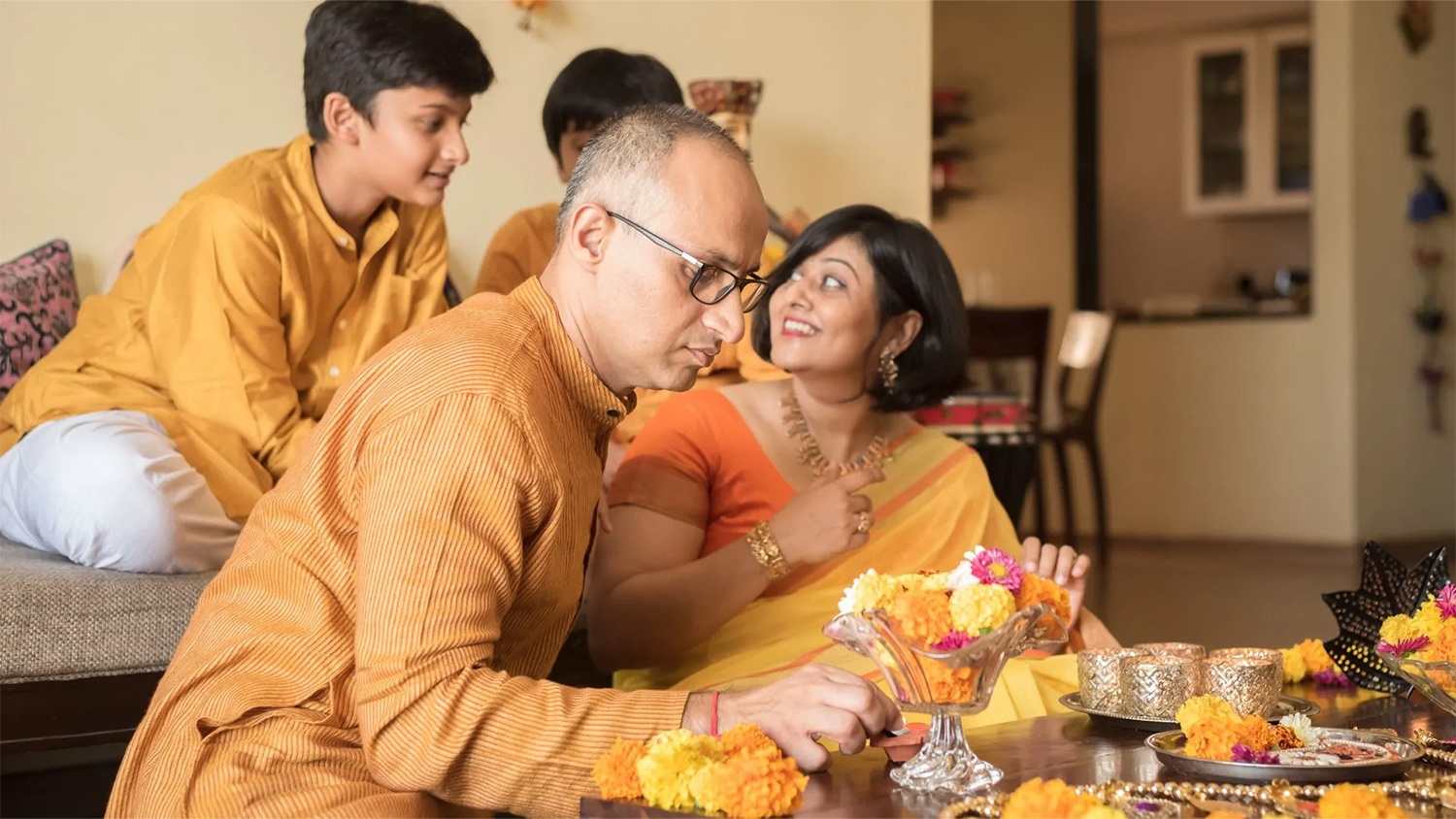
Fiji
Initially, Holi dominated the Hindu festival scene in Fiji, but over time, Diwali’s message of light and hope resonated deeply, eventually establishing it as the principal Hindu celebration. Fijians celebrate Diwali with a blend of familiar and local customs. They interweave traditional elements like Lakshmi Puja (worship of Goddess Lakshmi) and Bhai Dooj (celebration of sibling bonds) with local Fijian customs, creating a distinctive Indo-Fijian Diwali experience.
During Diwali festivities, people often share kava, a traditional Fijian beverage made from the root of the kava plant, symbolising community and friendship. Alongside the traditional diyas, Fijians decorate their homes and public spaces with vibrant tropical flowers, adding a touch of local beauty. In some parts of Fiji, Diwali celebrations even include firewalking ceremonies, a traditional Fijian practice that demonstrates courage and spiritual connection.
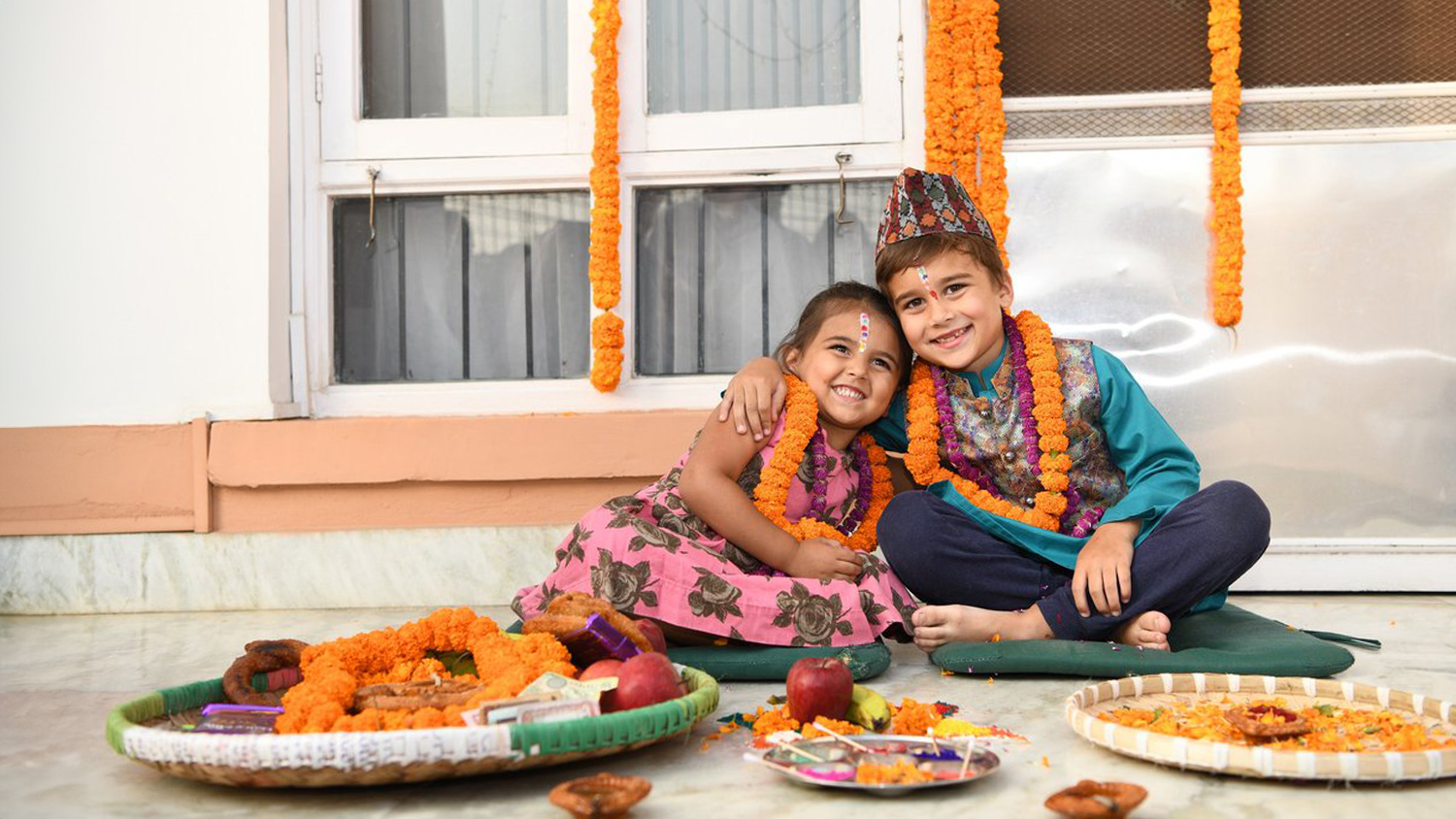
Nepal
Tihar, a vibrant five-day festival celebrated with great enthusiasm in Nepal, finds its roots in the tale of Yama, the God of Death, and his sister Yamuna. Longing to see her brother, Yamuna journeys to him after her messages – entrusted to a crow, cow, and dog – go unanswered. Upon their reunion, she performs a ritual worshipping his well-being, an act of devotion that blossoms into Tihar, a celebration of the bonds between brothers, sisters, humans, animals, and nature.
Therefore, each day of Tihar has a dedicated focus, honouring animals for their roles in life and mythology: crows as messengers, dogs for their loyalty, cows for their life-sustaining gifts, and oxen for their agricultural contributions. The festival culminates with Bhai Tika, a special day for brothers and sisters to express their love and appreciation.

South Africa
Diwali in Durban is a vibrant blend of Indian tradition and South African flair. Durban has the largest Indian population outside of the subcontinent, a legacy dating back to the 19th century when Indian labourers arrived to work on sugarcane plantations. This history has infused Durban with a distinctive blend of Indian and African influences, evident in its cuisine, architecture, and cultural celebrations.
Diyas illuminate homes and streets, their glow complemented by colourful African fabrics and beadwork. This fusion extends to the festive tables, where traditional Indian curries and samosas share space with South African favourites like bunny chow (a hollowed-out loaf of bread filled with curry) and the smoky flavours of a braai (barbecue). Traditional African music and dance, with their energetic rhythms and vibrant costumes, often find their way into Diwali celebrations, adding a distinctly local flavour.
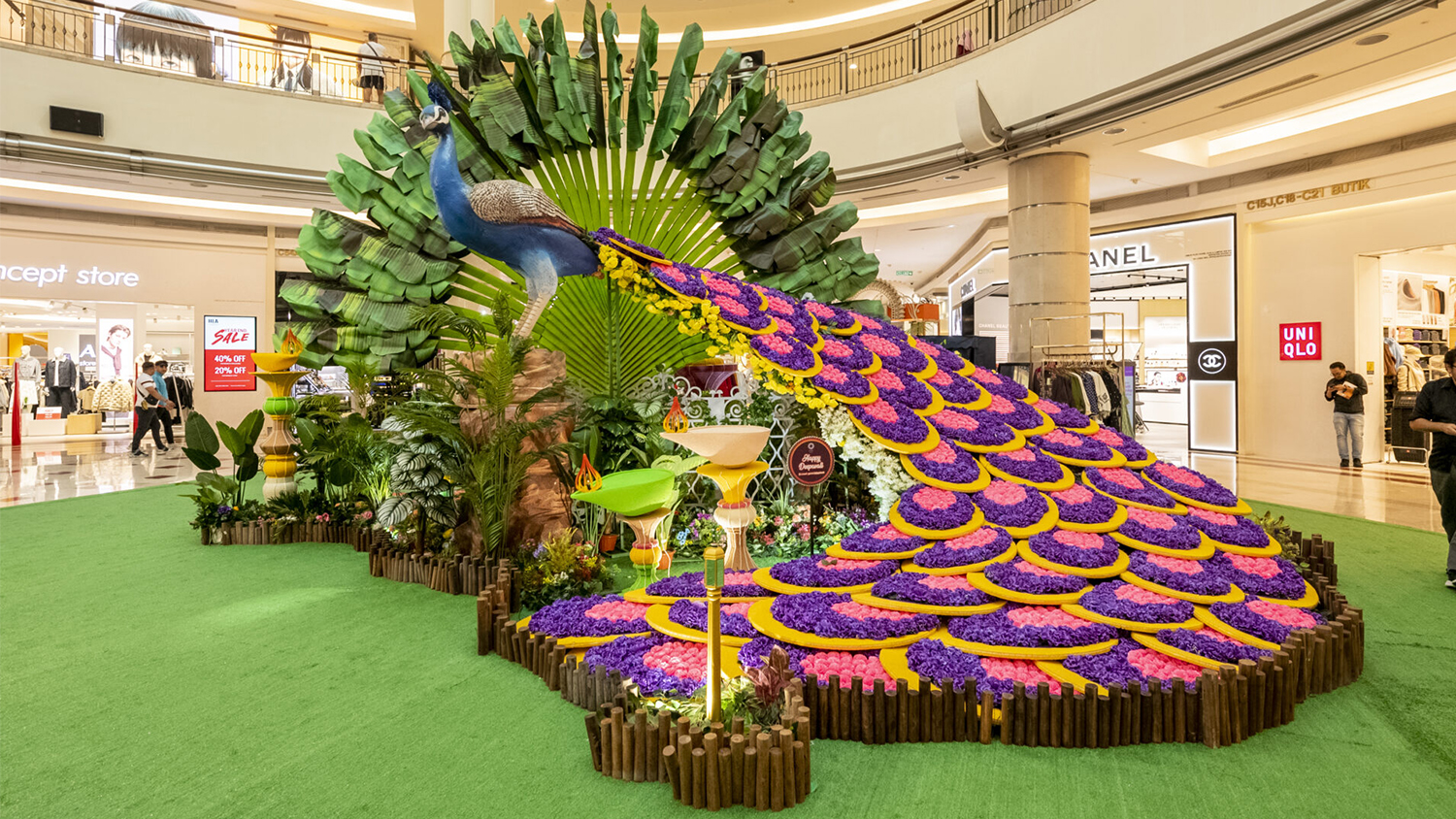
Malaysia
More than just a religious holiday, Diwali in Malaysia is an inclusive celebration that extends beyond Hindu homes, filling shopping malls and public spaces with festive cheer. Throughout the Diwali season, malls and shops illuminate their spaces with vibrant decorations and showcase traditional Indian clothing. Intricate kolams, crafted with floral and animal motifs, and colourful paper lanterns adorn entrances, adding to the festive ambiance. People from all walks of life actively participate in the festivities, sharing the joy and cultural richness of Diwali.
The ‘open house’ tradition plays a significant role in Malaysian culture, where friends and neighbours, regardless of their background, are warmly invited to join the celebrations. Homes are filled with the enticing aroma of traditional delicacies, such as murukku, a crispy, savoury snack; as well as sweet treats like athirasam, halwa, and laddu, symbolising the sweetness and joy of the occasion.


